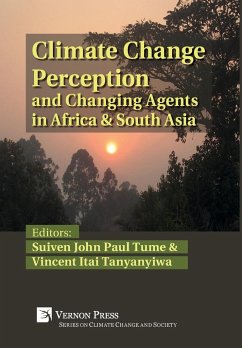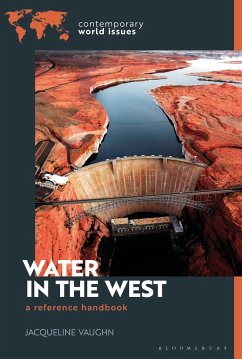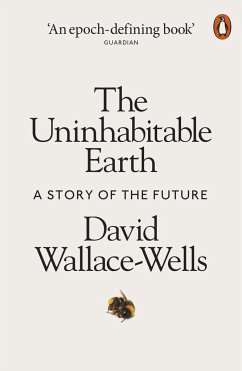
Energy Justice in a Changing Climate
Social Equity and Low-Carbon Energy
Herausgeber: Bickerstaff, Karen; Bulkeley, Harriet; Walker, Gordon; Agyeman, Julian
Versandkostenfrei!
Versandfertig in über 4 Wochen
113,99 €
inkl. MwSt.

PAYBACK Punkte
57 °P sammeln!
Energy justice is one of the most critical, and yet least developed, concepts associated with sustainability. Much has been written about the sustainability of low-carbon energy systems and policies - with an emphasis on environmental, economic and geopolitical issues. However, less attention has been directed at the social and equity implications of these dynamic relations between energy and low-carbon objectives - the complexity of injustice associated with whole energy systems (from extractive industries, through to consumption and waste) that transcend national boundaries and the social, p...
Energy justice is one of the most critical, and yet least developed, concepts associated with sustainability. Much has been written about the sustainability of low-carbon energy systems and policies - with an emphasis on environmental, economic and geopolitical issues. However, less attention has been directed at the social and equity implications of these dynamic relations between energy and low-carbon objectives - the complexity of injustice associated with whole energy systems (from extractive industries, through to consumption and waste) that transcend national boundaries and the social, political-economic and material processes driving the experience of energy injustice and vulnerability. Drawing on a substantial body of original research from an international collaboration of experts this unique collection addresses energy poverty, just innovation, aesthetic justice and the justice implications of low-carbon energy systems and technologies. The book offers new thinking on how interactions between climate change, energy policy, and equity and social justice can be understood and develops a critical agenda for energy justice research.












